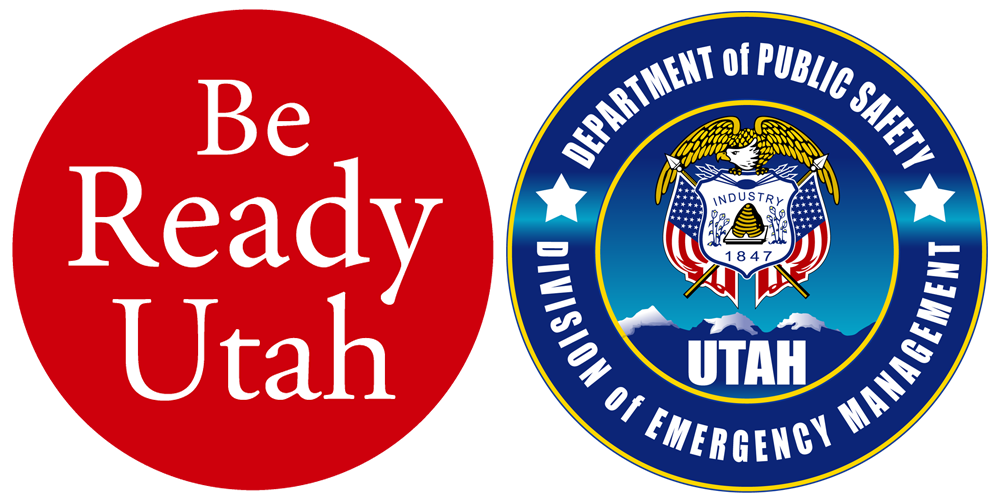Disaster Preparedness for Seniors
THE POINT
DO THIS
- Build a support network and communicate your disaster needs to them.
- Talk with your health care providers about your medications and medical equipment use in disasters.
VIDEOS
DOWNLOADS
LINKS
- Ready.gov/seniors
- Ready.gov/disability
- Access and Functional Needs
- Cybersecurity
- HowRightNow.org - Excellent Emotional Self Help Info
- State Scorecard on Long-Term Services and Supports for Older Adults, People with Physical Disabilities, and Family Caregivers. Full report, and news release.
Seniors are the Wisdom of our Communities
Seniors are the wisdom of our communities. Their life long experiences are often a treasure for preparedness ideas and considerations. Talk with the seniors in your life and ask them if they have ever experienced any disasters and what they did. Seniors may have specific disaster preparedness skill sets they used throughout their life that may be useful to pass on to you. Ask grandparents how they preserved their food from the garden, or even how to grow a garden. Ask them how they cooked their food without a microwave, or how to comfort a child when things are stressful. Lean upon the knowledge of the ages for some practical advice.
Make a Plan, Get a Kit and Be Informed
Making a plan, getting a kit and being informed is much the same for seniors as it is for younger families. However there are a few specifics to consider including medications, medical equipment and mobility.
Visit the Be Ready Family page to gain additional ideas on how to Make a Plan, Get a Kit, Be Informed, and Get Involved and adapt the info to meet your needs.
Build a Support Network
Establishing solid relationships with other people is one of the most effective means of surviving a disaster. Create a network of trusted individuals such as family, friends, co-workers, personal attendants, and others who can assist you during an emergency. Familiarize your network with your functional abilities and limitations, and include them in your emergency planning process.
Help your Seniors
Increasingly, frail older adults with complex health issues live alone in the community, far from their relatives and caregivers. An older adult may depend upon community service providers for basic necessities and psychosocial support prior to a disastrous event. However, the need for these critical services increases when services are disrupted, or the senior is impacted during a major disaster. Connect with seniors near you and see how you can help them before, during, and after disasters.
Medications and Medical Supplies
If you take medicine or use a medical treatment on a daily basis, be sure you have what you need on hand to make it on your own for at least a week. You should also keep a copy of your prescriptions as well as dosage or treatment information. If it is not possible to have a week-long supply of medicines and supplies, keep as much as possible on hand and talk to your pharmacist or doctor about what else you should do to prepare.
If you undergo routine treatments administered by a clinic or hospital or if you receive regular services such as home health care, treatment or transportation, talk to your service provider about their emergency plans. Work with them to identify back-up service providers within your area and the areas you might evacuate to. If you use medical equipment in your home that requires electricity to operate, talk to your health care provider about what you can do to prepare for its use during a power outage.
In addition, there may be other things specific to your personal needs that you should also have on hand. If you use eyeglasses, hearing aids and hearing aid batteries, wheelchair batteries, and oxygen, be sure you always have extras in your home. Also have copies of your medical insurance, Medicare and Medicaid cards readily available.
Mobility and Transportation
Consider how you plan to transport yourself and your emergency supplies. It may be important to pre-stage your disaster supplies at the location you intend to go to in the event of a disaster. If you have special mobility or transportation considerations, make sure your support network knows in advance, and prepare a way to accommodate those needs. Visit the Access and Functional Needs page for additional considerations.
Beware of Fraud and Cyber Threats in Times of Disaster
During and after disasters, seniors often become a victim to fraud and cyber crime. There are some people that seek to capitalize on the idea that during disasters you may not catch onto their selfish designs. Have a heightened awareness of how you use your bank account and the things you click on the internet. In the wave of information after a disaster, thieves will try to trick you into giving them your money or your identity. Online links may be riddled with cyber threats that will download viruses to your computer or steal information from your computer. Visit the cybersecurity page for additional insights on how to protect your information, your identity and your money.
